Inside Israel itself, the sense of shock at the Hamas attacks has given way to what one woman describes as ‘a heavy inescapable feeling that things are not okay.’
Ahuva, who’s in her mid forties, was picking up essentials at a suburban shopping centre when she spoke to PRIMER. We asked her and others there about how they perceive the war, what they think Gaza’s future might look like, and the fears they hold for their own safety and security.
Ahuva says in practical terms, not too much about her daily life has changed since October 7. But, she says, “I have two small children. Every time I hug them I feel guilty. I feel guilty and I don’t want to hug them so much, because I feel guilty that I can hug them and there are other parents that can’t.“
Reflecting on the Hamas attacks, Ahuva says now is the time for Israel to learn from its mistakes. To change its thinking. As for the Palestinians in Gaza, she says “I have no pity for them. They brought it on themselves. If they had wanted a different life, they wouldn’t have voted for Hamas. They wouldn’t send their children to attack us.
“It’s more than a decade since we left Gaza. They had their chance to build a prosperous country. They could have done a lot for themselves. And they chose war. They chose blood. We had no desire to attack them. For many years we tried to avoid that.”
They chose war. They chose blood.
She now thinks the only way for Israel to feel safe is to secure its borders. She adds, “I have no trust in any agreements, and not in the Palestinian Authority. Only if we can secure ourselves, will we be safe.”
Amnon is also out shopping. He’s a similar age – but his thinking differs markedly from Ahuva. He says he does pity the women and children dying in Gaza and he disagrees with his friends who blame international criticism of Israel on anti-semitism. “But the point they [the critics] miss is we don’t have any other option. Our purpose is to kill Hamas, and finish it.
“If we had other options, we would take them. We don’t do it with the intent of damaging the population there. But if someone somewhere in the world can give us another way to act, we will do it.”
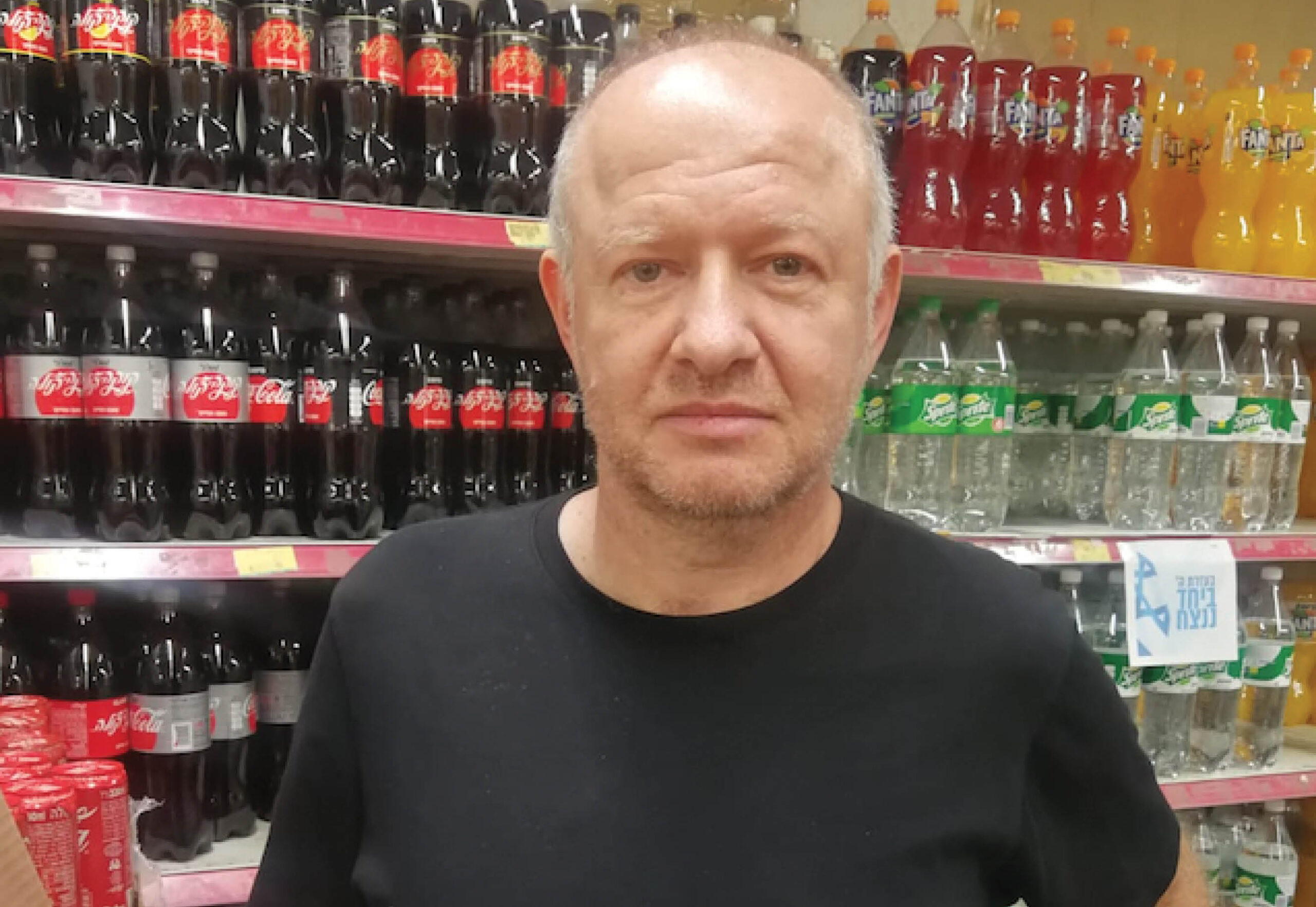

Einam says he’s slowly feeling less stressed. “We can go out now. We’re not afraid anymore when the kids go to school. In the early days, the whole family was sleeping together in our safe room. It was scary. We had alerts, and had to run into the safe room. We took our dog with us. And we slept – four people in one bedroom.”
Like Amnon, he says he understands the criticism of civilian deaths in Gaza.
“It’s a shame that people in Gaza are hurt. But there’s nothing we can do about it. We can’t let Hamas stay there. When Israel attacks Gaza there’s collateral damage to civilians. But when Hamas attacks Israel, there’s intentional damage done to civilians. And that’s not something any nation can stand. It’s really terrible that they are suffering, but things can’t continue as they are. The collateral damage is unavoidable.”
He groans when we ask him about Gaza’s future. “Ah, that’s a big question. Gaza can no longer be ruled by Hamas. If we allow them to continue, it’s pointless, and there’ll only be more terrible bloodshed in the future. There’ll need to be some kind of government – not Israel but some kind of international force. They proved they are not ready to govern themselves yet.”
He goes onto imagine a kind of de-militarised zone between the Palestinians and Israel “…like there is between the two Koreas, where no one can cross. So any attack the Gazans might inflict on us in the future, will take more time to execute, and it will give us time to organise.”
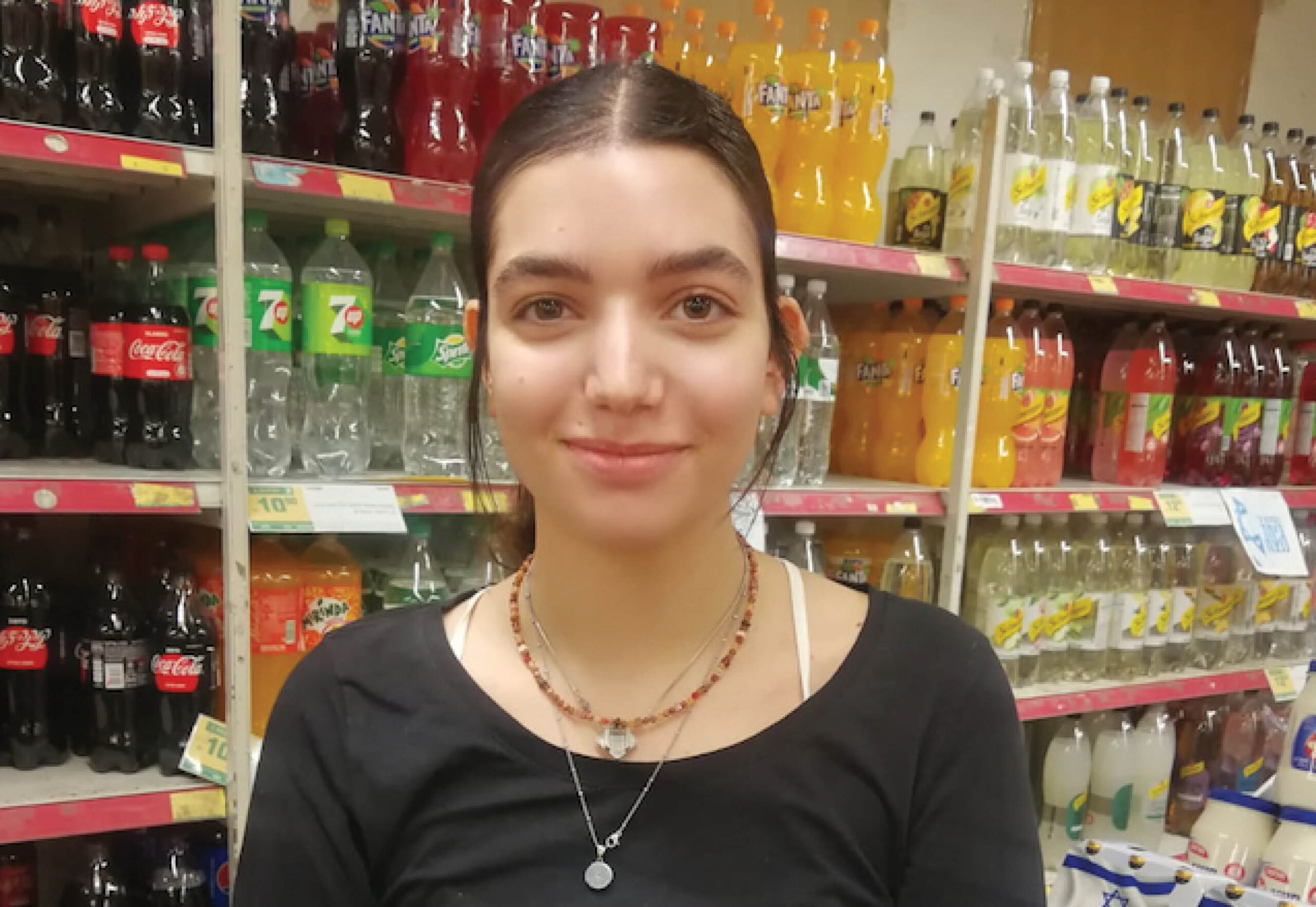

Alma is 16 years old. She says even when she returned to school, “…nothing was normal. Our teachers were broken. We were broken. We practiced a lot of shelter drills. Every time someone thought of getting back into the routine and teaching, there was someone else who broke down in the middle and couldn’t continue.”
She says as the weeks pass, her emotion has turned to “anger and revenge. Both at the government that abandoned us and at Hamas.”
Reflecting on Israel’s war, the teenager says, “A lot of people call it war crimes. I strongly disagree with that. It would have been a war crime if we had not informed the residents that they were being bombed, if we had not spoken to them, but we did inform several times to move to the south so that they would be protected there.
“It is not our fault, in my opinion, that Hamas uses its own people to defend itself. That’s why I can’t define what we do as problematic, because we try to be human in a reality that started out as inhuman as possible”
So, what will make Israel safe? She says “I’m in a dilemma. Whether Gaza simply shouldn’t exist at all, or everyone there has to have a change of consciousness. I am aware that there are many people whose minds cannot be changed. But an outside country should come in to help and teach them and deal with them and not leave the responsibility to us.”




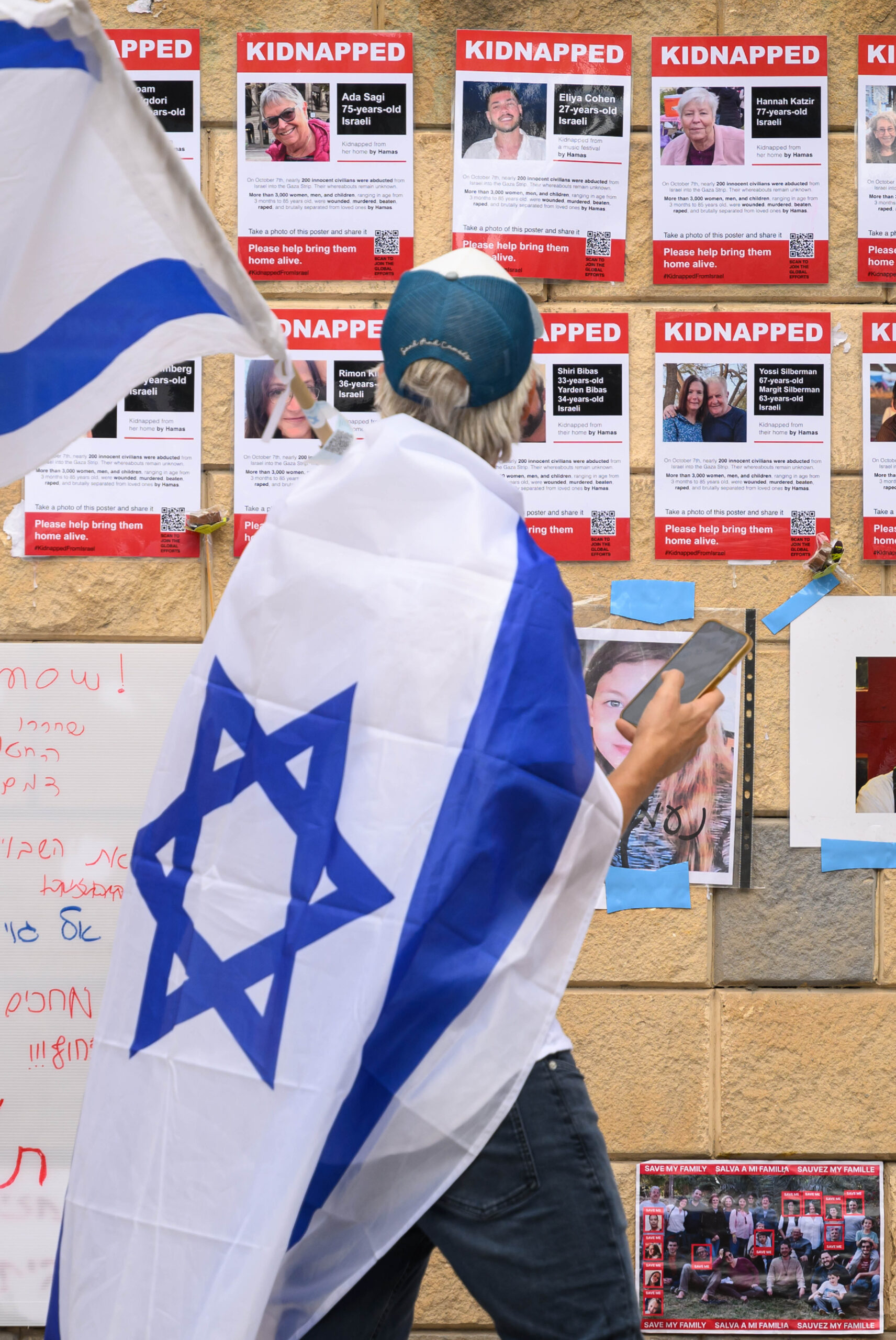
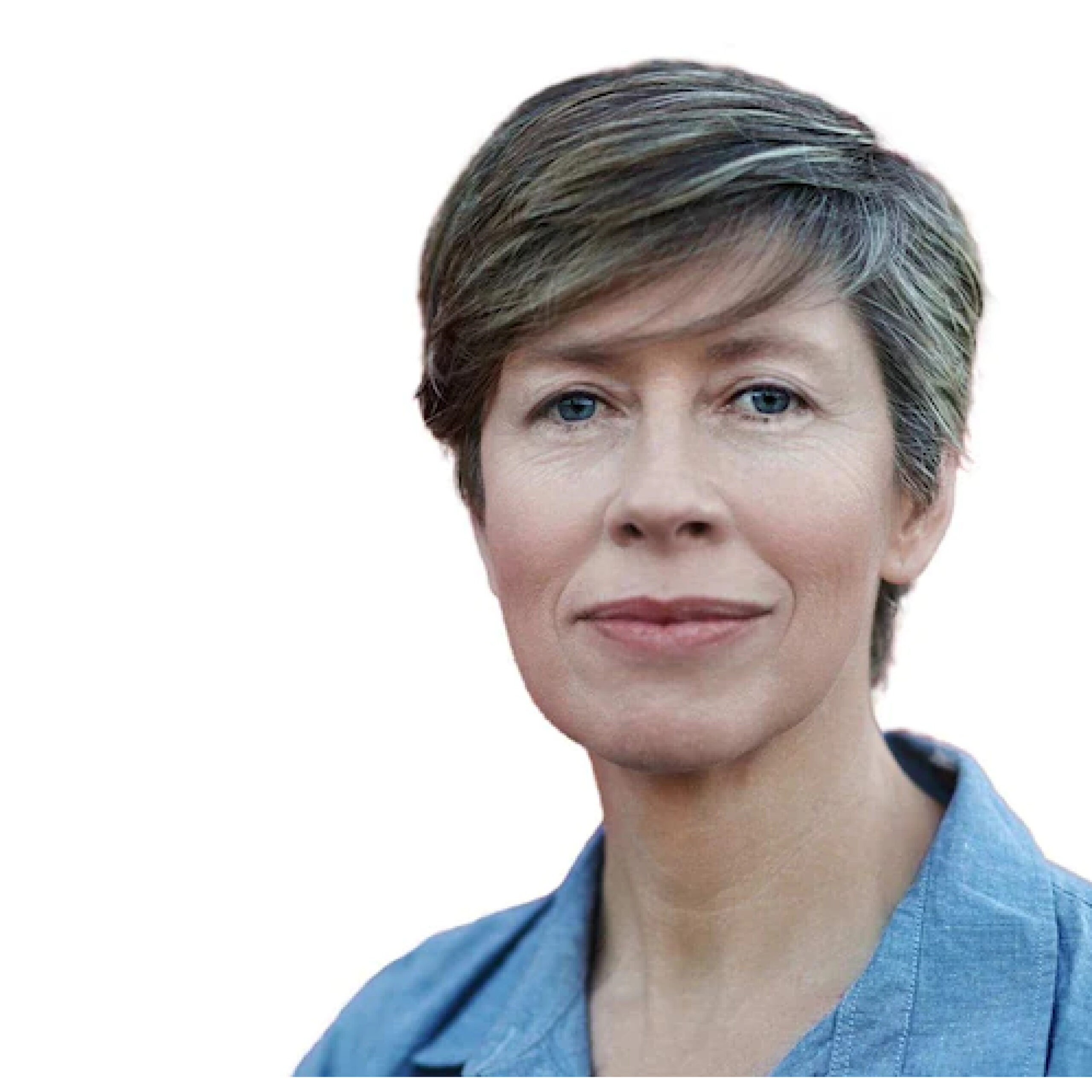

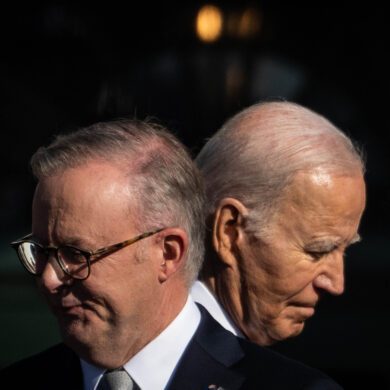
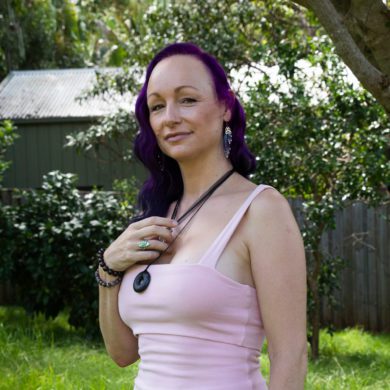


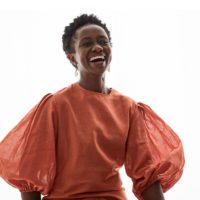

No Comments